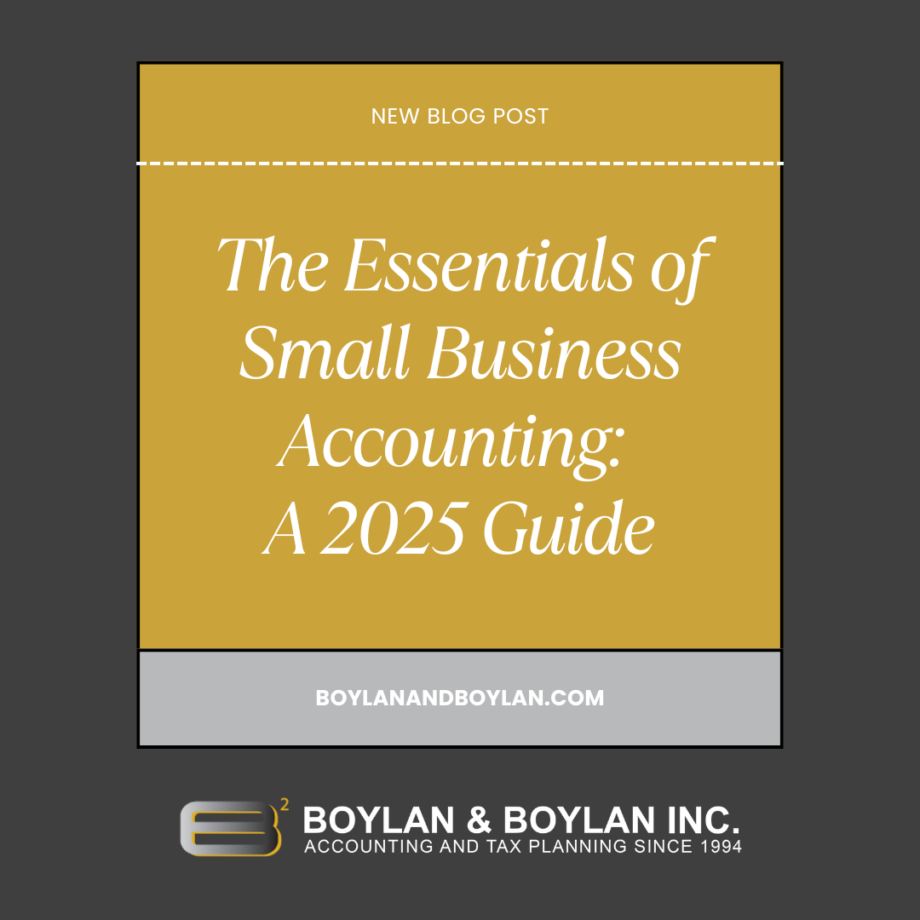In the dynamic business environment of 2025, small business owners face numerous challenges and opportunities. Efficiently managing your finances is crucial to success, and understanding the fundamentals of accounting is key. Here’s an essential guide to small business accounting that covers the most relevant practices, trends, and technologies for 2025.
Understanding the Basics: What Every Small Business Owner Should Know
Accounting vs. Bookkeeping
While both accounting and bookkeeping deal with financial data, they serve different functions in a business. Bookkeeping involves recording daily transactions in a consistent way, and is more administrative and less subjective than accounting. Accounting, on the other hand, involves interpreting, classifying, analyzing, reporting, and summarizing financial data.
Key Accounting Principles
The foundation of solid accounting lies in understanding basic principles such as the double-entry system, accrual versus cash bases of accounting, and compliance with Generally Accepted Accounting Principles (GAAP). These principles ensure your financial statements are accurate and reflect your business’s actual economic condition.
Strategic Tax Planning and Compliance
Tax compliance remains a critical issue for small businesses in 2025, with tax regulations continuously evolving. Strategic tax planning can help mitigate liability and enhance business efficiency. Services such as those offered by Boylan and Boylan ensure that your business benefits from every available tax incentive and deduction, reducing overall tax burden while ensuring compliance with the latest laws and regulations.
Leveraging Technology in Accounting
In 2025, technology continues to reshape small business accounting. Software solutions such as QuickBooks automate many of the tedious aspects of bookkeeping and accounting, from payroll processing to tax preparation. Leveraging these technologies not only helps in maintaining precise records but also provides valuable insights through data analytics, aiding strategic decision-making.
Payroll Services: More Than Just Writing Checks
For small businesses, managing payroll is more than just issuing paychecks. It encompasses handling employee insurance, benefits, tax withholdings, and ensuring compliance with employment laws. Outsourced payroll services can save you time and prevent costly errors.
The Role of Professional Accountants and Bookkeepers
Professional accountants and bookkeepers offer much more than just routine number crunching. They play a strategic role by providing business advice based on financial data. In 2025, with the complexity of financial operations continuing to increase, their expertise is invaluable in helping you navigate through financial uncertainties and making informed decisions.
Small Business Formation and Financial Strategy
Starting a business involves numerous financial decisions, including the structure of the business entity, which can have significant tax and legal implications. Accounting professionals can guide you through the nuances of business formation and help lay down a strong financial foundation.
Regular Financial Reviews: A Must for Small Businesses
Regular reviews of financial statements are crucial. They help you understand the financial health of your business, track cash flow, evaluate profitability, and make necessary adjustments. These reviews are essential for long-term success and should be part of your regular business strategy.
Conclusion
As we head into 2025, the landscape of small business accounting continues to evolve. With the increasing integration of technology, the ever-changing tax laws, and the need for strategic financial planning, partnering with skilled accountants like those at Boylan and Boylan can provide your business with the edge it needs to thrive in today’s competitive market.

